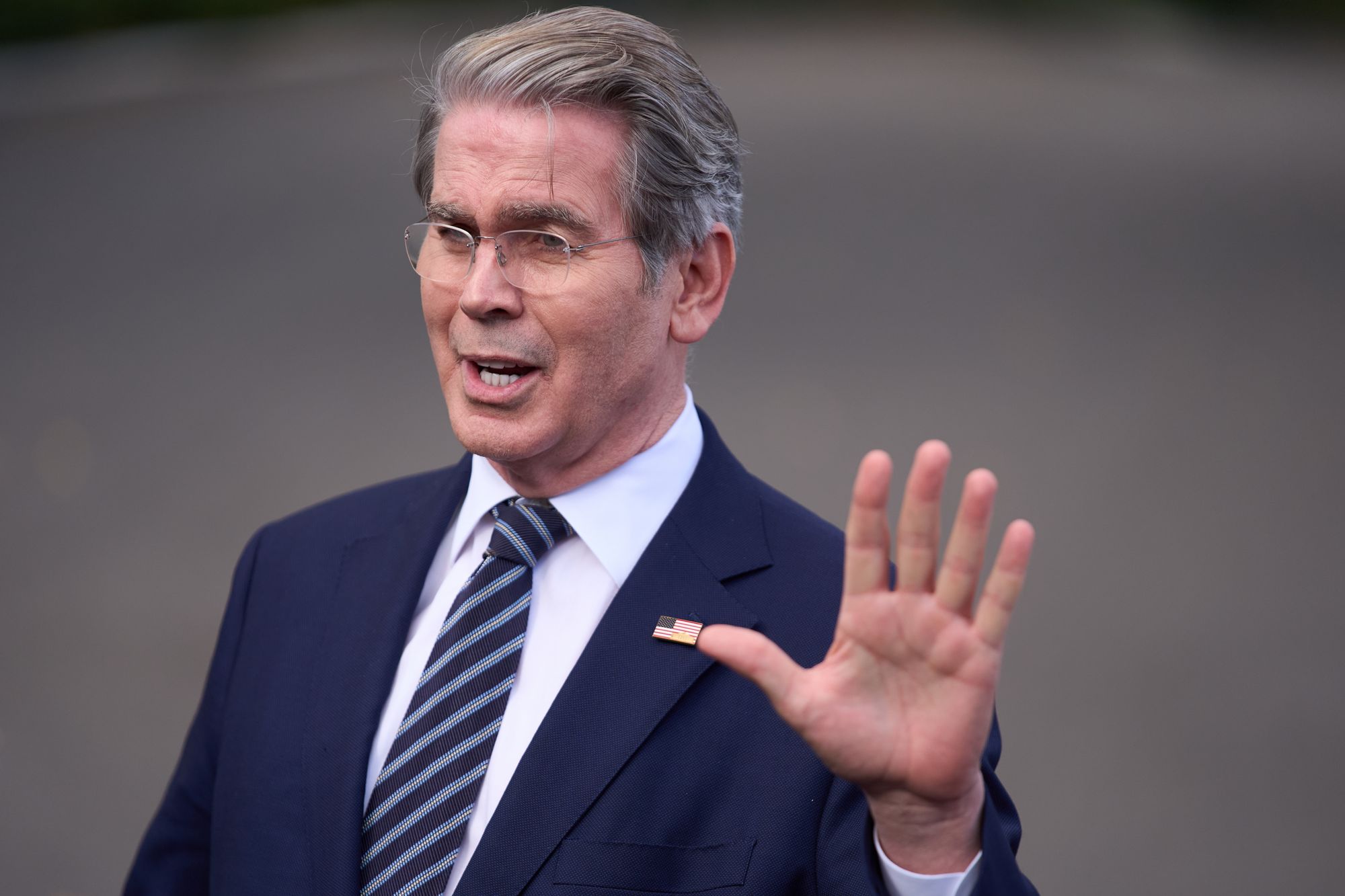The Trump administration is preparing alternative plans to allow the president to implement his sweeping tariff policies, even if the U.S. Supreme Court rejects their argument that he is authorized to implement the tax.
For weeks, administration staffers and aides have been researching other avenues that would keep Trump’s tariffs in place if the court chooses to reject their argument that the president is authorized to impose tariffs on nearly every one of the U.S.’s trading partners under the International Emergency Economic Powers Act. That includes falling back on a combination of provisions in the Trade Expansion Act of 1962 and the Trade Act of 1974 to support the president’s assertion that he has the power to upend foreign trade without congressional approval.
The Supreme Court is set to hear arguments in the case against Trump’s tariffs Wednesday, setting up a showdown in one of the most important challenges to Trump’s signature agenda. The dispute is limited to whether or not the International Emergency Economic Powers Act authorizes the president to impose tariffs.
“There are lots of other authorities that can be used, but [the International Emergency Economic Powers Act] is by far the cleanest, and it gives the U.S. and the president the most negotiating authority,” Treasury Secretary Scott Bessent said on CNBC’s “Squawk Box” Tuesday.
The Trump administration is relying on the 1977 International Emergency Economic Powers Act to claim that trade deficits the U.S. has with trading partners threaten national and economic security. Under the law, the president can regulate international commerce in response to an “unusual and extraordinary threat.”
So far, two lower courts have struck down that justification.
Bessent is hopeful that the Supreme Court, which has permitted Trump to impose his unprecedented agenda in at least 19 instances this year, will side with them again. But the administration doesn’t seem to be taking any chances, preparing for a situation where the Supreme Court rejects the argument outright or only upholds part of it, according to Politico.
Bessent cited several “cumbersome” but “effective” statutes that give the executive some, though far narrower, authority to impose tariffs.
He cited Section 232 of the Trade Expansion Act of 1962, which allows the president to impose restrictions or enter into negotiations with trading partners if the Department of Commerce investigates and determines imports “threaten to impair” national security.
So far, the administration has launched a dozen Section 232 investigations into sector goods that Trump has imposed tariffs on, such as copper, pharmaceuticals, trucks, semiconductors, and timber.
Bessent also cited Section 301 of the Trade Act of 1974, which gives the U.S. Trade Representative the authority to investigate and take action against a trade partner if the agreement violates or denies benefits to the U.S., or “burdens or restricts” U.S. commerce.

The Office of the Trade Representative has launched an investigation into Brazil.
Section 301 provides an avenue that is more closely aligned with Trump’s claims that his tariffs are for national security reasons, but investigations of the sort can take months to complete – slowing down the president’s agenda.
Several current and former White House officials and others familiar with the administration told Politico other options include invoking Section 122 of the Trade Act of 1974, which allows the president to impose a surcharge, not exceeding 15 percent for a maximum of 150 days, on duties to correct or address “large and serious” balance-of-payments deficits or prevent depreciation of the dollar in the foreign exchange markets.
There’s also Section 338 of the Tariff Act of 1930, which allows the president to impose tariffs of up to 50 percent if a foreign country engages in burdensome or discriminatory actions that hurt U.S. commerce. The U.S. has never imposed tariffs using this statute.
Typically, Congress is the entity tasked with regulating international trade, but some laws give deference to the president. However, challengers believe the president went too far.
The result of Trump’s “Liberation Day” tariffs has caused disturbances in the stock market and increased operational costs for small businesses. Economists predict that the long-term impact of tariffs is high prices for consumers.







